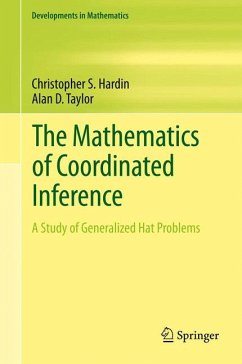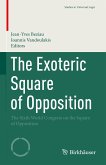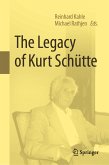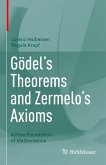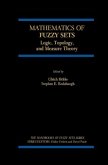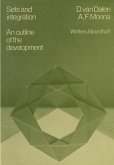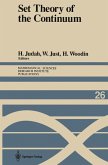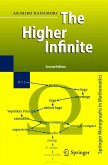This book deals with the question of how successfully one can predict the value of an arbitrary function at one or more points of its domain based on some knowledge of its values at other points. Topics range from hat problems that are accessible to everyone willing to think hard, to some advanced topics in set theory and infinitary combinatorics. For example, there is a method of predicting the value f(a) of a function f mapping the reals to the reals, based only on knowledge of f's values on the open interval (a - 1, a), and for every such function the prediction is incorrect only on a countable set that is nowhere dense.
The monograph progresses from topics requiring fewer prerequisites to those requiring more, with most of the text being accessible to any graduate student in mathematics. The broad range of readership includes researchers, postdocs, and graduate students in the fields of set theory, mathematical logic, and combinatorics, The hope is that this book will bring together mathematicians from different areas to think about set theory via a very broad array of coordinated inference problems.
Dieser Download kann aus rechtlichen Gründen nur mit Rechnungsadresse in A, B, BG, CY, CZ, D, DK, EW, E, FIN, F, GR, HR, H, IRL, I, LT, L, LR, M, NL, PL, P, R, S, SLO, SK ausgeliefert werden.
"The book presents, in a unified way, attractive topics in graph theory, topology, and set theory that all relate to the dilemma faced by Alice and Bob and others in hat problems. The first few chapters are of great general interest as they summarize hat problems that any mathematician can understand. The later chapters will be of interest to those well versed in set theory or certain aspects of point-set topology." (Stan Wagon, Mathematical Reviews, October, 2014)

